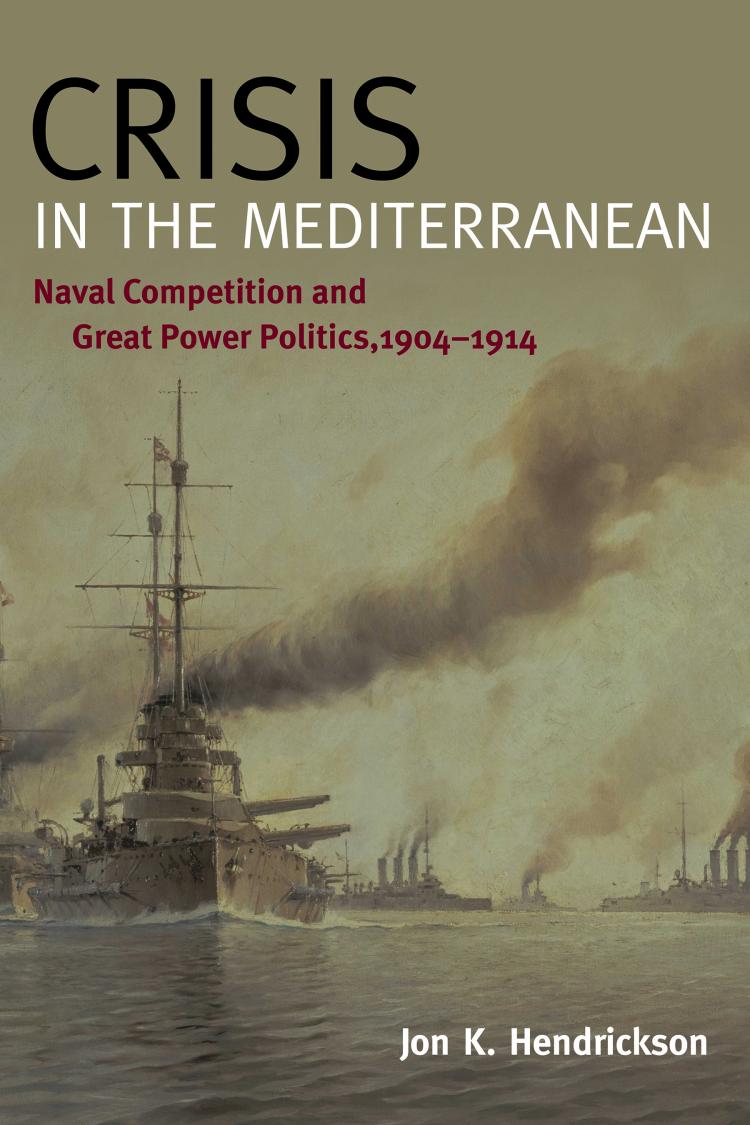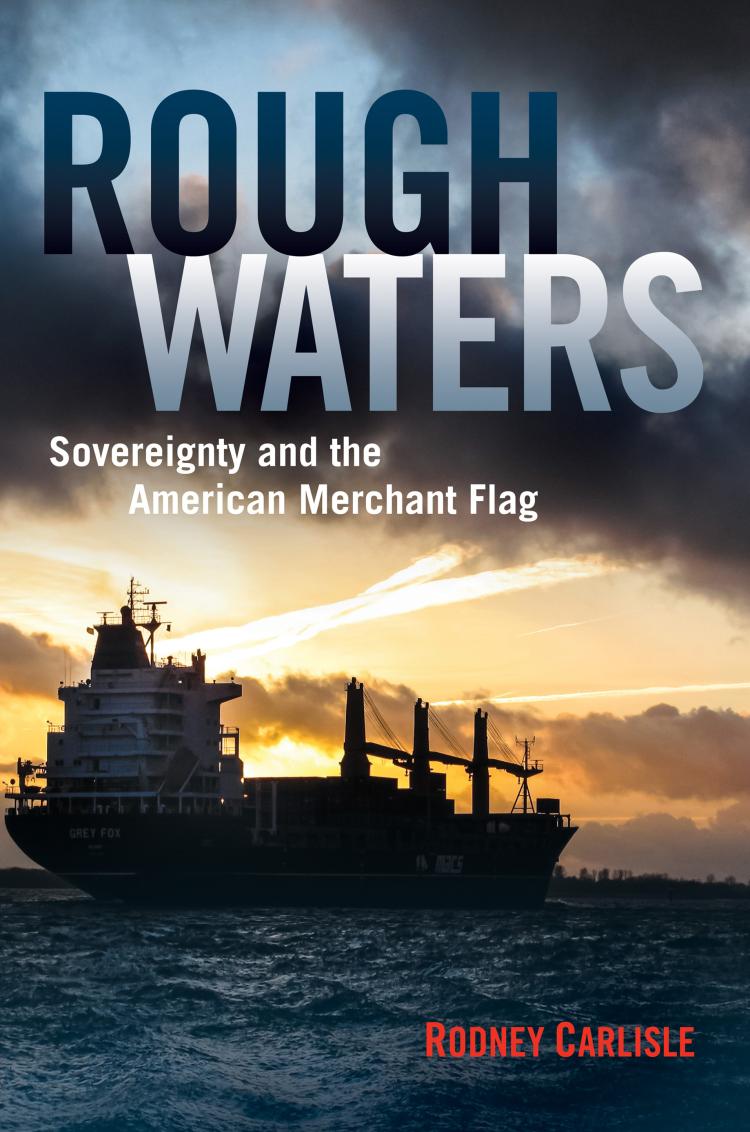Crisis in the Mediterranean
"Naval Competition and Great Power Politics, 1904-1914"
- Subject: eBook Editions | World War I
- Format:
Hardcover
- Pages:
234pages
- Published:
April 15, 2014
- ISBN-10:
1612514758
- ISBN-13:
9781612514758
- Product Dimensions:
9.25 × 6.125 × 1 in
- Product Weight:
7 oz
Overview
Prior to July 1914, the extensive British grip on the Mediterranean Sea was beginning to weaken, leading to a wide-open competition between Austria-Hungary, Italy, France and Great Britain. This change, Jon Hendrickson contends, was driven by three largely understudied events: the weakening of the British Mediterranean Fleet to provide more ships for the North Sea, Austria-Hungary's decision to build a navy capable of operating in the Mediterranean, and Italy's decision to seek naval security in the Triple Alliance after the Italo-Turkish War. These three factors radically altered the Mediterranean balance of power, forcing Britain and France to come to a mutual accommodation and accelerate ship construction to defend their respective interests in the region. However, the July Crisis and the ensuing World War obscured these events, leading later historians to ignore these events.
About the Author
Editorial Reviews
Crisis in the Mediterranean is essential reading for detailed information on naval conditions in the Mediterranean Sea in the decade leading to World War I.ùSea History
The shifting pattern of naval development in the Mediterranean, as the politics of Great Power alliances switched and then reversed, greatly complicated pre-1914 strategic calculations. Jon Hendrickson explains the complex diplomatic and political situation well, and gets to grips with the shifting technological bases of power.ùNaval History
"The race for Mediterranean naval supremacy in the run-up to World War I has received little attention from historians on the implicit assumption that Britain's withdrawal from the Mediterranean, France's acceptance of the status quo, and Italy's failure to come to the support of Germany and Austria-Hungary in the aftermath of Archduke Francis Ferdinand's assassination were preordained. As Hendrickson shows, the reality was more complex, more problematic . . . and far more interesting. He paints a fascinating picture of competing imperial ambitions, nationalistic aspirations, and fiscally driven (and politically fraught) building plans that made the Mediterranean a seething cauldron of naval competition and diplomatic accommodation. In the event, the Italian-Ottoman war for control of Libya was a catalyst for change at precisely the right or wrong moment, with enormous consequences. Hendrickson has provided an important and instructive corrective to the conventional wisdom." —John F. Guilmartin Jr., author of A Very Short War: The Mayaguez and the Battle of Koh Tang







